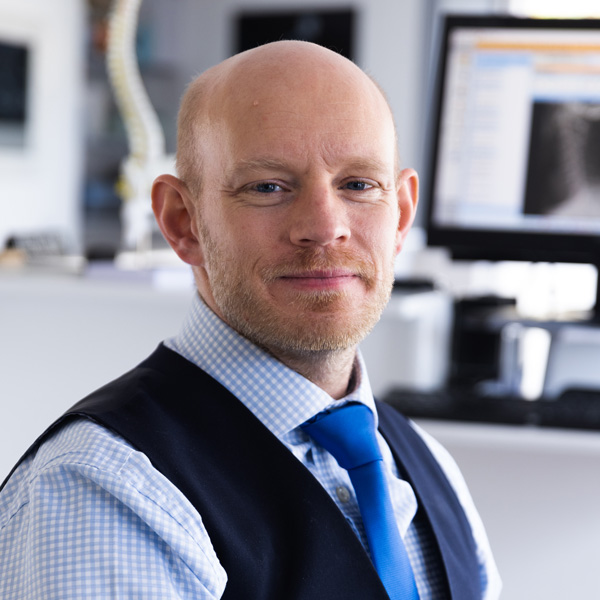This is a fascinating subject and one that has been discussed and argued about for many years dating back to the 1860’s when Louis Pasteur was involved in fierce debate on the subject with the French biologist Felix Pouchet and English bacteriologist Henry Bastion.
Basically there are two arguments. One is that the mere presence of germs causes the disease. Another is that it is only when the body is susceptible to disease that disease can strike.
Pasteur developed a method to stop milk souring called pasteurization which is still used today. However, if we continued down this line of theory to its logical end we would live in a totally sterile world. This is simply not practical.
The viruses and bacteria that we call germs are everywhere. They are in the food we eat, the air we breathe and the water we drink. They can only result in disease when our bodies provide a friendly environment for them to reproduce.
For example, let’s say that you inhale some tuberculosis germs. Just because these germs are present does not mean that you will get tuberculosis. It depends on many factors such as the health of your immune system and your overall health.
The nervous system controls the proper function of our immune system as it does all the other tissues and organs of our body. The spinal cord is the super-highway of our nervous system carrying thousands upon thousands of messages every second to all the cells in our bodies.
The spinal cord is protected by the twenty-four vertebrae that make up the spinal column and this is why Chiropractic care can have such a profound affect on overall health. If a spine is out of line and interfering with the nervous system the door is left open for disease to strike.
Keeping our nervous system free from interference is vital to our overall health in making sure that we’re not susceptible to the many germs we inevitably breathe in everyday.

